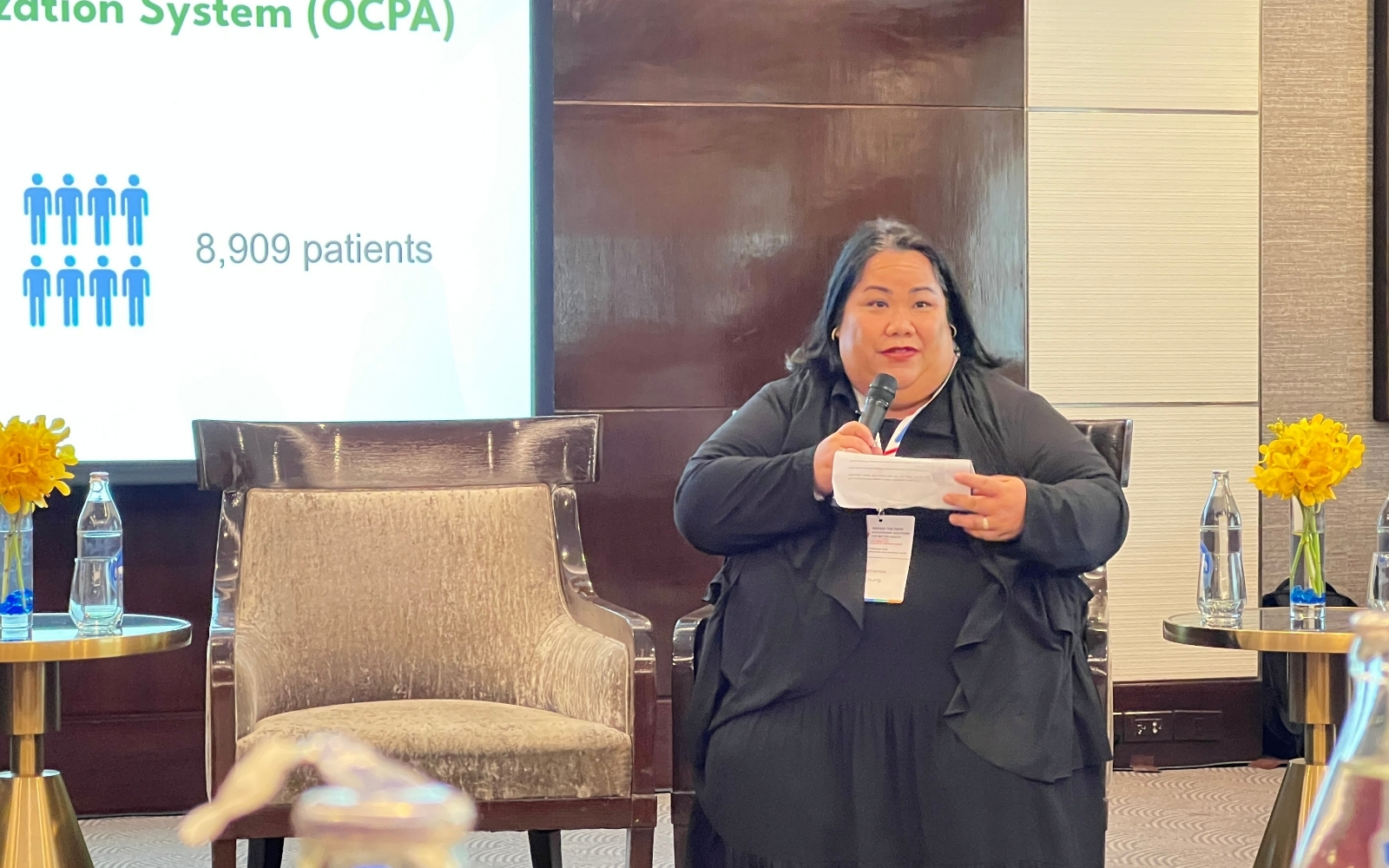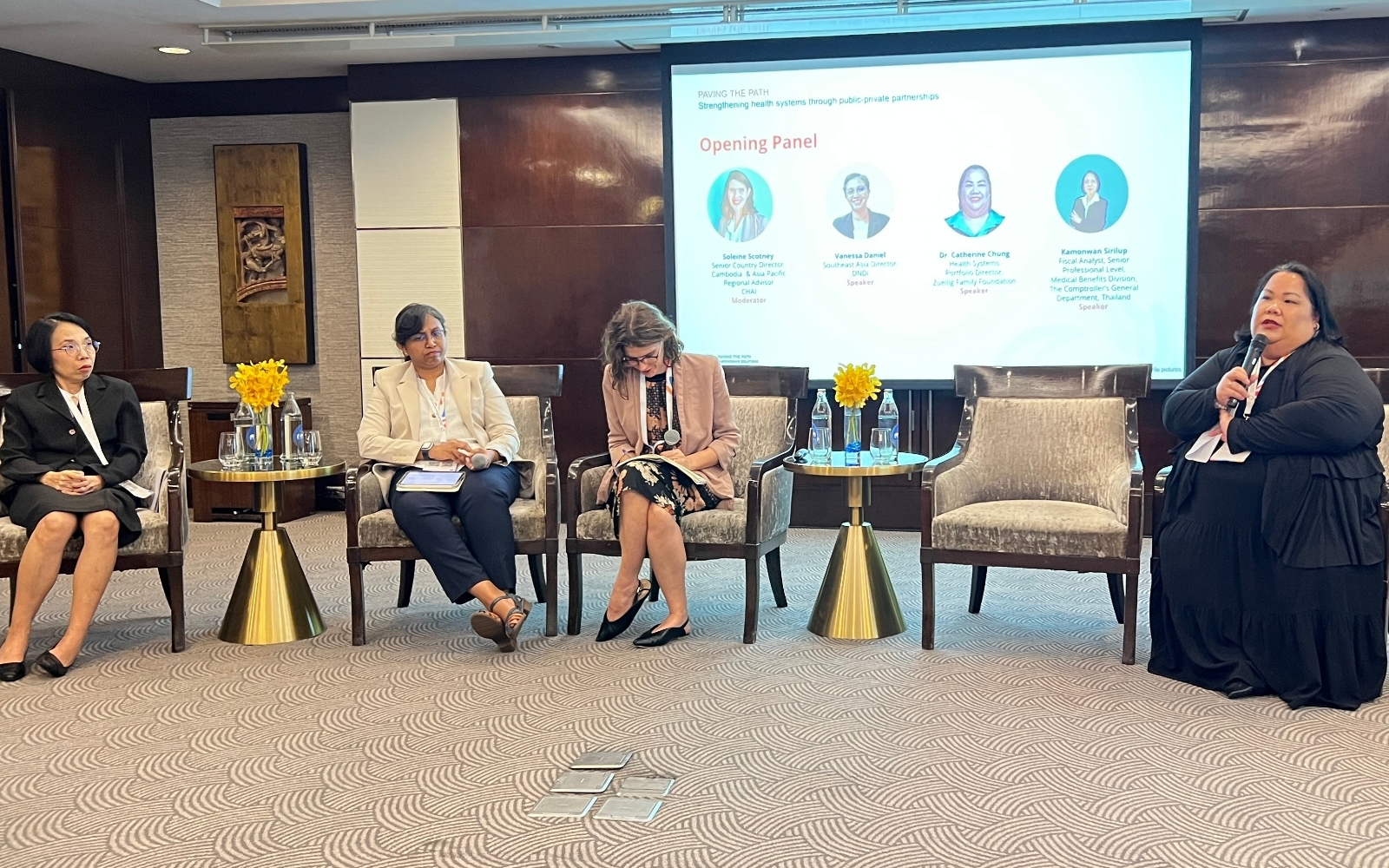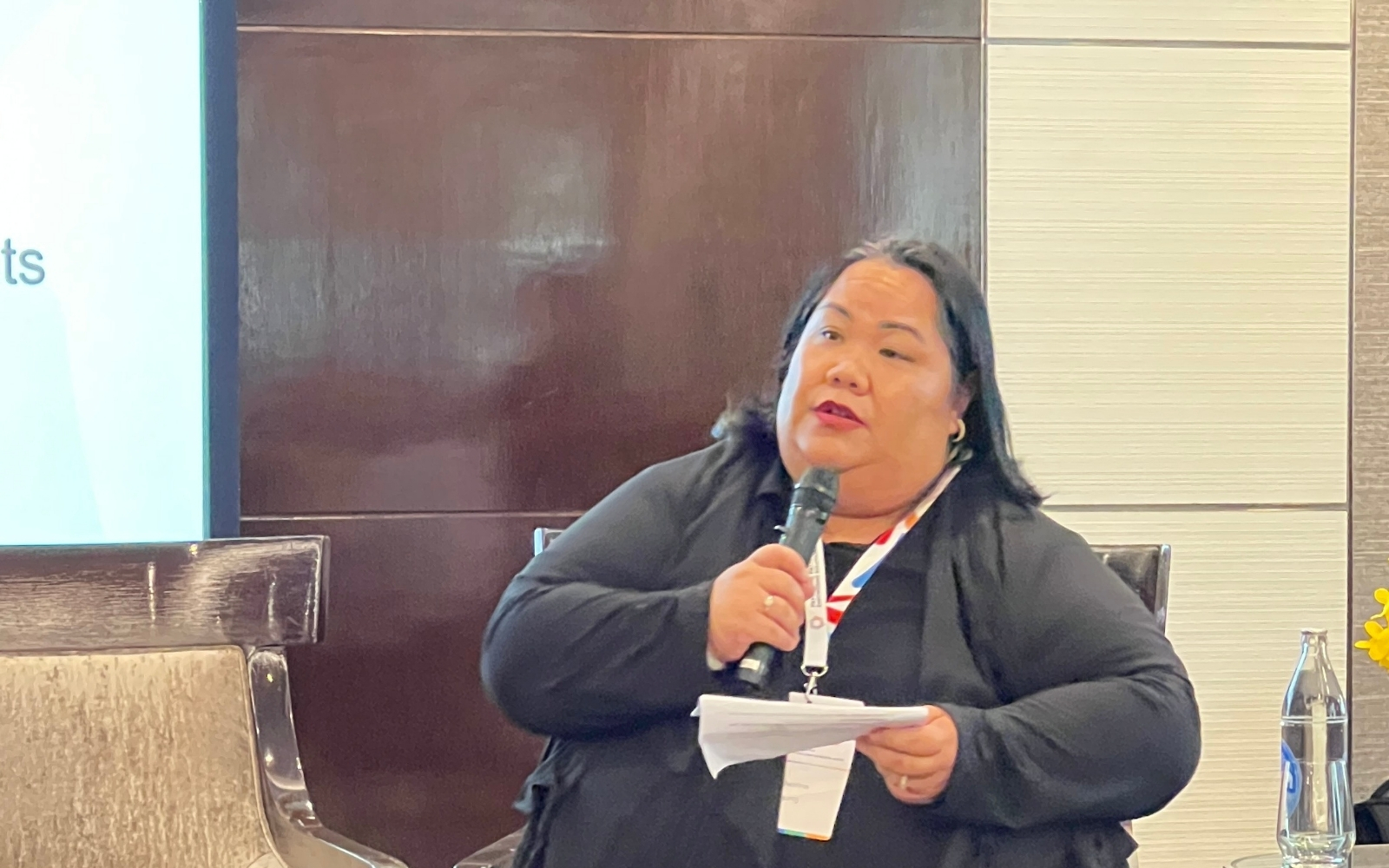ZFF at the SEA Access to Medicine Summit 2025: Good Health Leadership and Governance, Better Health Outcomes
Insights from the Field | by Krizzia Esperanza

Public-private partnerships (PPPs) have the power to transform healthcare. The Zuellig Family Foundation (ZFF) recently joined the Southeast Asia Access to Medicine Summit 2025 in Bangkok, Thailand, where experts from different sectors discussed how collaboration can strengthen health systems and improve health outcomes.
One of the biggest barriers in the Philippines is the decentralized healthcare system, where local governments handle procurement and distribution of medicines. However, many lack the technical expertise, personnel, and resources to do this effectively. ZFF has been working since 2008 to address these gaps, training, coaching, and mentoring over 700 municipalities, 41 cities, and 37 provinces to strengthen their leadership and governance capacities in healthcare.
During the summit’s opening panel, Dr. Catherine Chung, ZFF Local Health Systems Portfolio Director, joined Vanessa Daniel of DNDi based in Malaysia, Kamonwan Sirilup of the Medical Benefits Division of Thailand’s Comptroller General’s Department, and Soleine Scotney of Clinton Health Access Initiative, Inc. (CHAI) based in Cambodia, who moderated the discussion. Dr. Chung stressed that good leadership leads to good governance, which results in better health outcomes.

She shared that ZFF’s approach is unique because it requires local governments to invest their own resources in health system reforms. By not accepting government funds, ZFF ensures its technical assistance is independent and aligned with local needs. This approach has led to successful partnerships, such as in Aklan and Bataan, where improved health governance attracted further collaborations with organizations focused on medicine access and health financing.
One of the main discussions at the summit revolved around the factors that contribute to successful PPP models in Southeast Asia. Three key elements emerged:
- Commitment from local governments: For partnerships to work, governments must be willing to invest in healthcare and prioritize long-term system improvements rather than short-term gains.
- Sustainable financing mechanisms: Risk-sharing agreements and innovative financing models can help ensure that partnerships last beyond election cycles and shifting political priorities.
- Community engagement: While ZFF has traditionally worked with local leaders, empowering communities to take part in health system improvements fosters greater accountability and long-term sustainability.
Reflecting on over a decade of collaboration with local governments, ZFF recognized that partnerships must be flexible and responsive to local needs. Initially, ZFF’s focus was on training government leaders, but the foundation now sees the need for structured community participation to make health programs more effective and sustainable.
A major challenge in the Philippines is the lack of alignment between national health agencies and local governments. National programs, such as PhilHealth’s benefit claims and the Department of Health’s medicine distribution, need stronger coordination with local health offices to reduce out-of-pocket costs for patients. More engagement from private sector players could also improve access to essential medicines, particularly for long-term care of non-communicable diseases and infectious diseases like tuberculosis.
There is also a need for governments to view healthcare as a long-term investment. Many local officials hesitate to invest in preventive health measures because the benefits are not immediately visible within their political terms. However, building resilient health systems is more cost-effective than responding to health crises. Organizations like ZFF play a key role in helping local governments understand the financial viability of investing in healthcare.

Successful PPP should not only focus on providing short-term aid but should also work towards improving government capacity for sustainable financing. This includes enhancing processes, training health personnel, and ensuring local governments can independently manage health programs. Ultimately, reducing reliance on foreign aid and prioritizing long-term health investments will be crucial for ensuring equitable healthcare access across Southeast Asia.
The conversations at the Southeast Asia Access to Medicine Summit underscored a vital truth: collaboration is key to transforming healthcare systems. By fostering strong public-private partnerships, improving governance, and ensuring sustainable financing, we can pave the way for a healthier future for all.